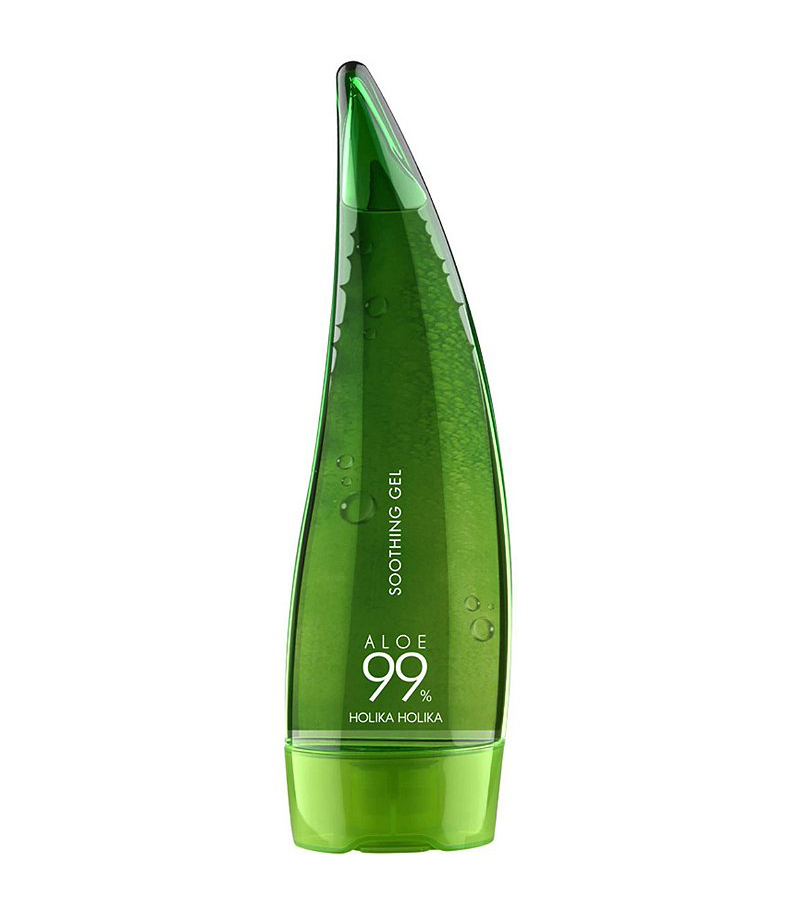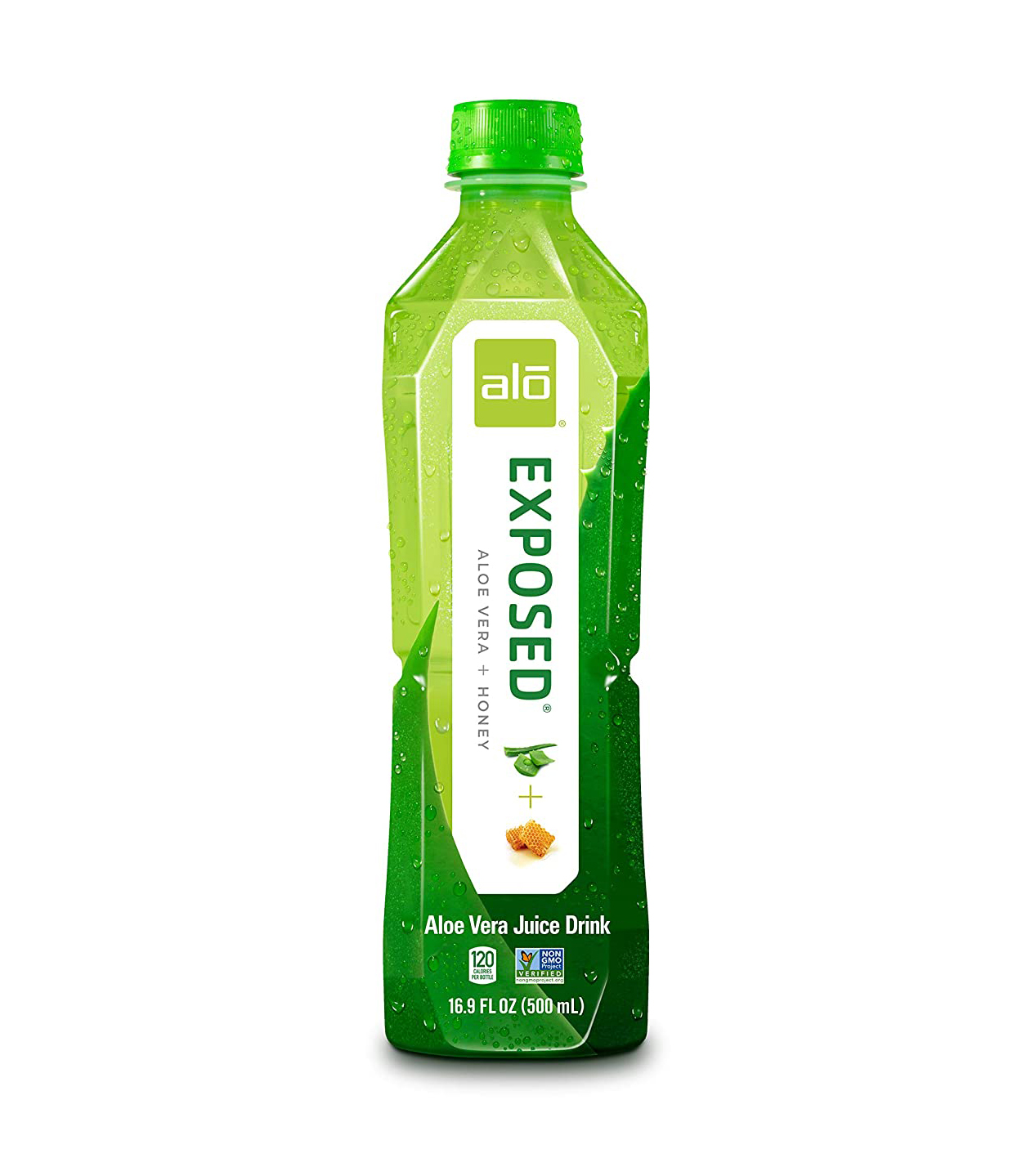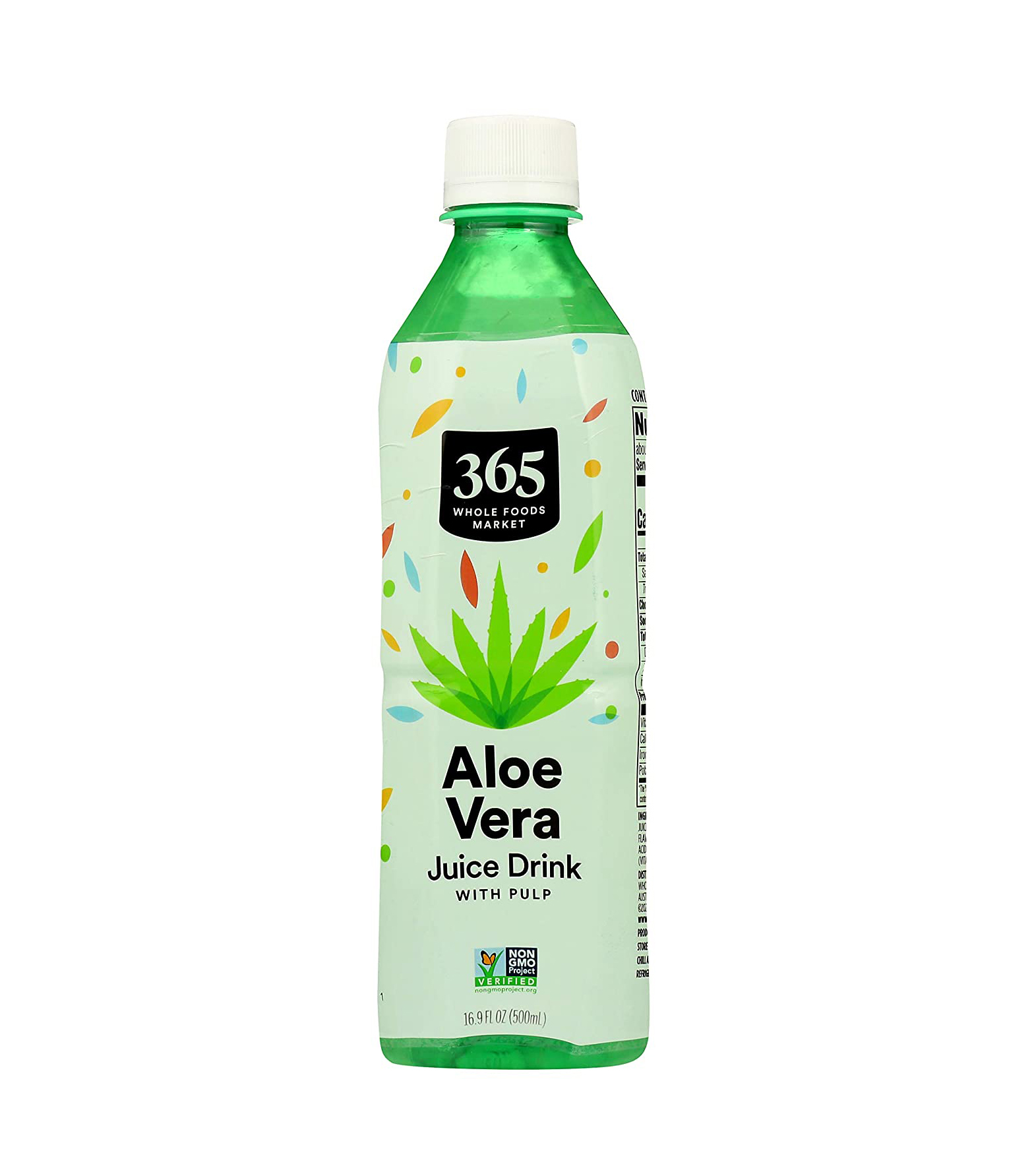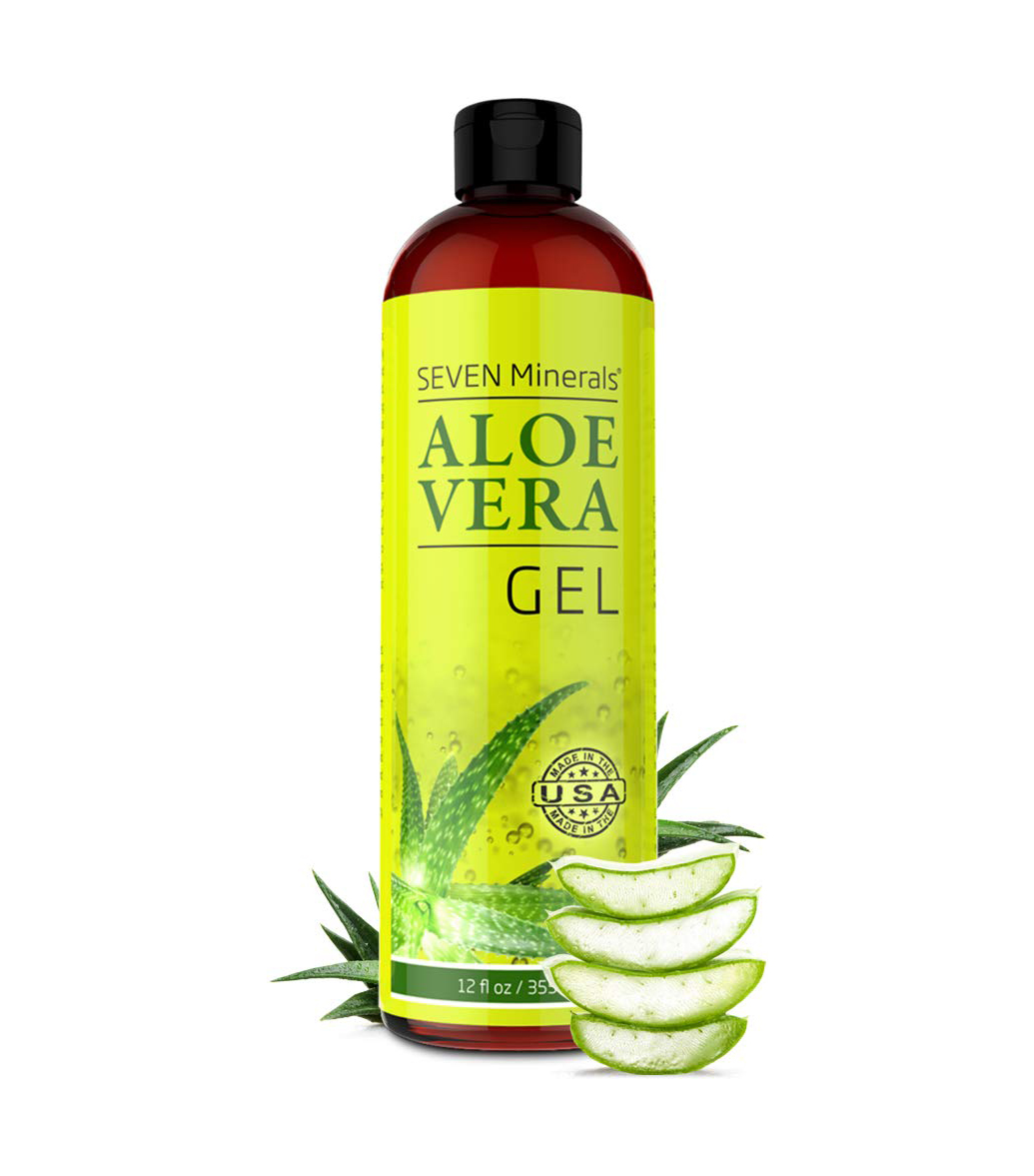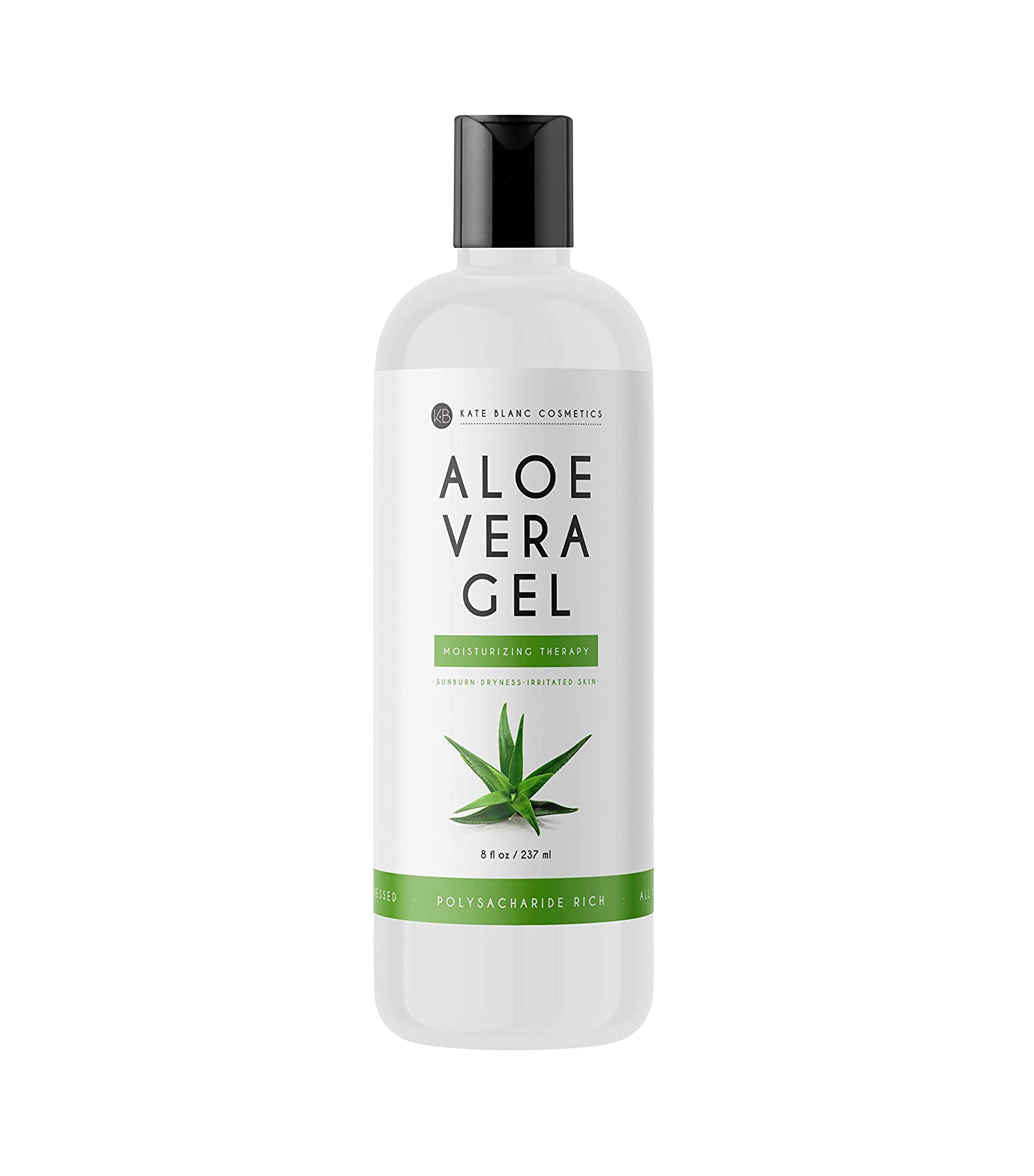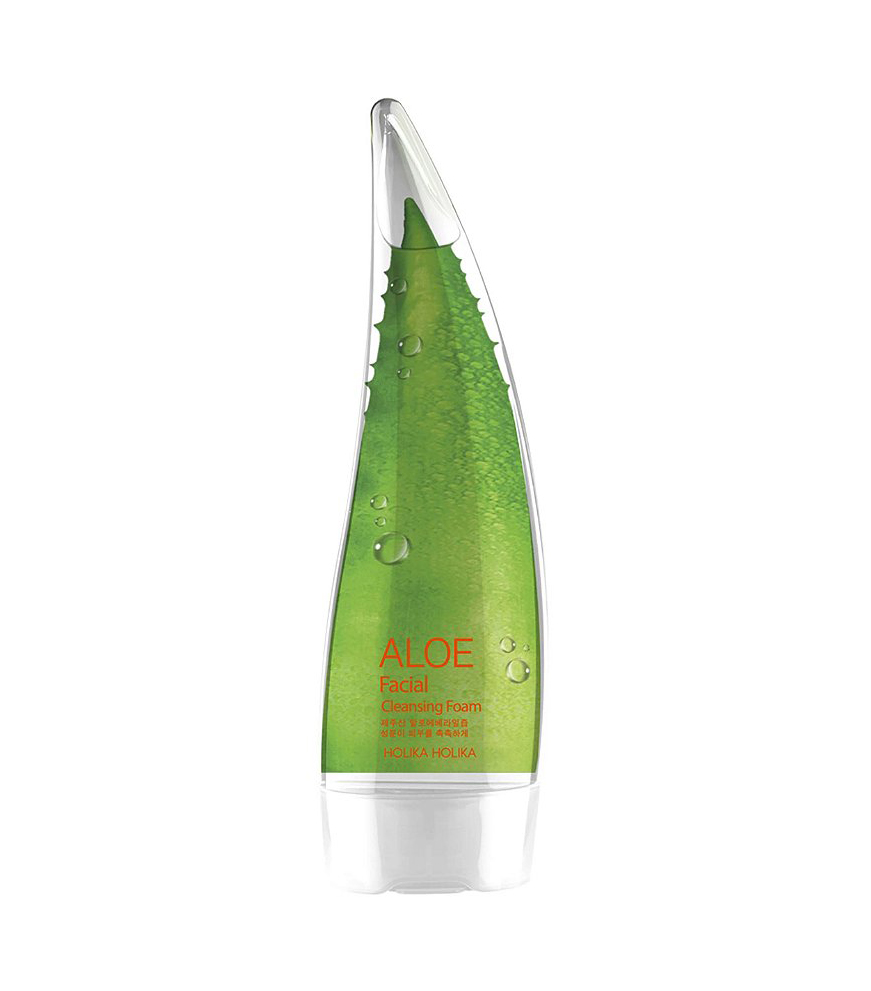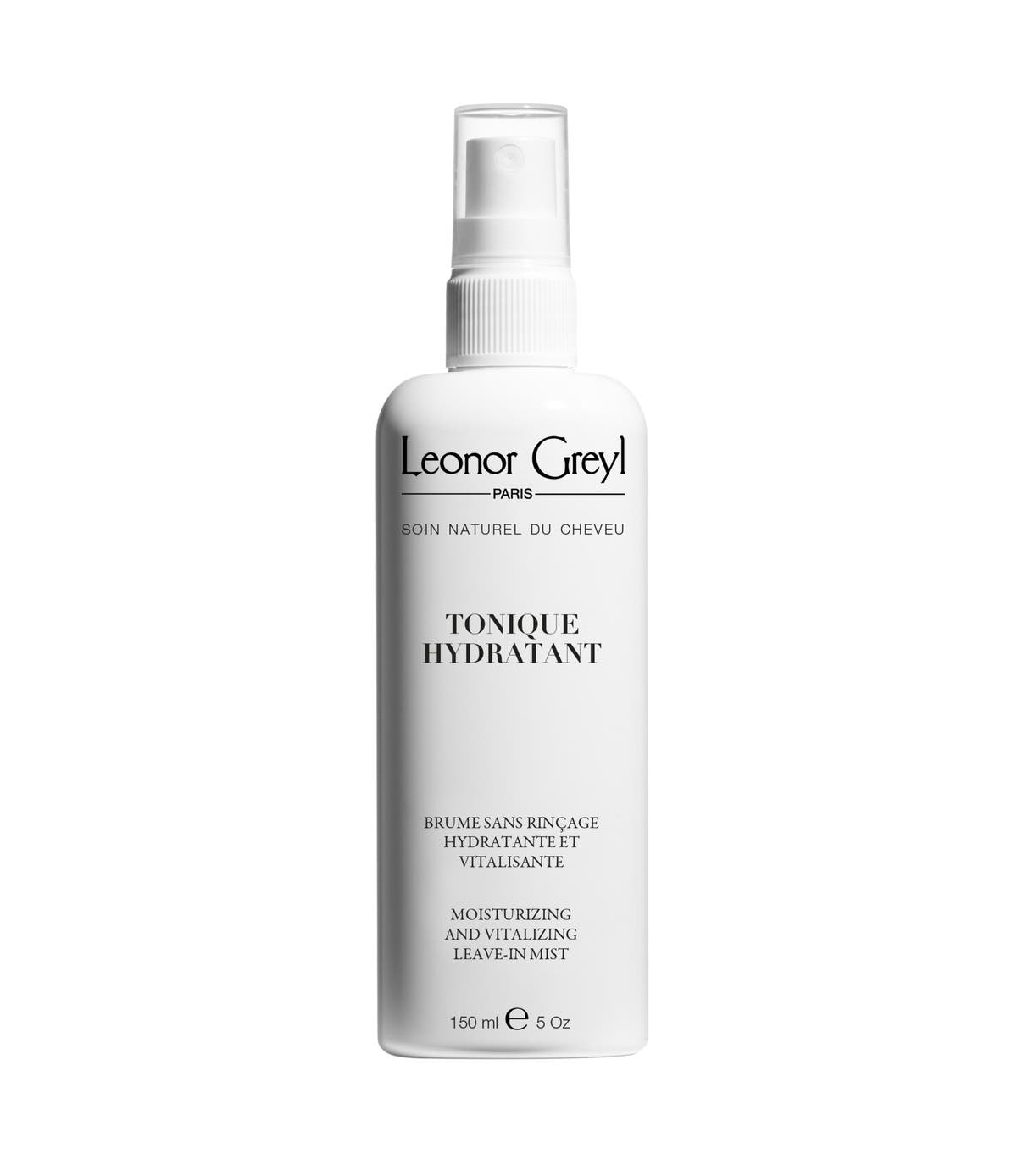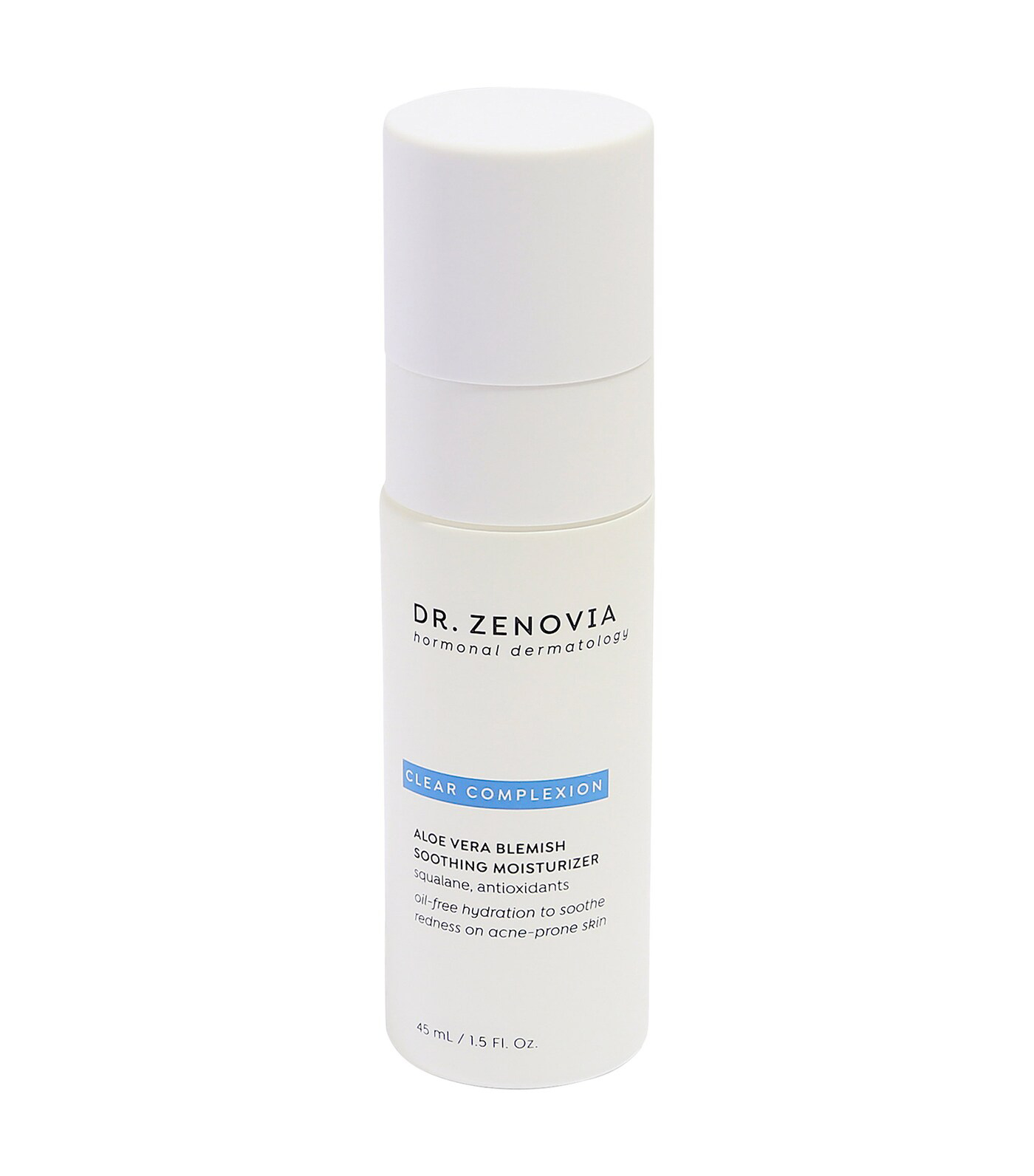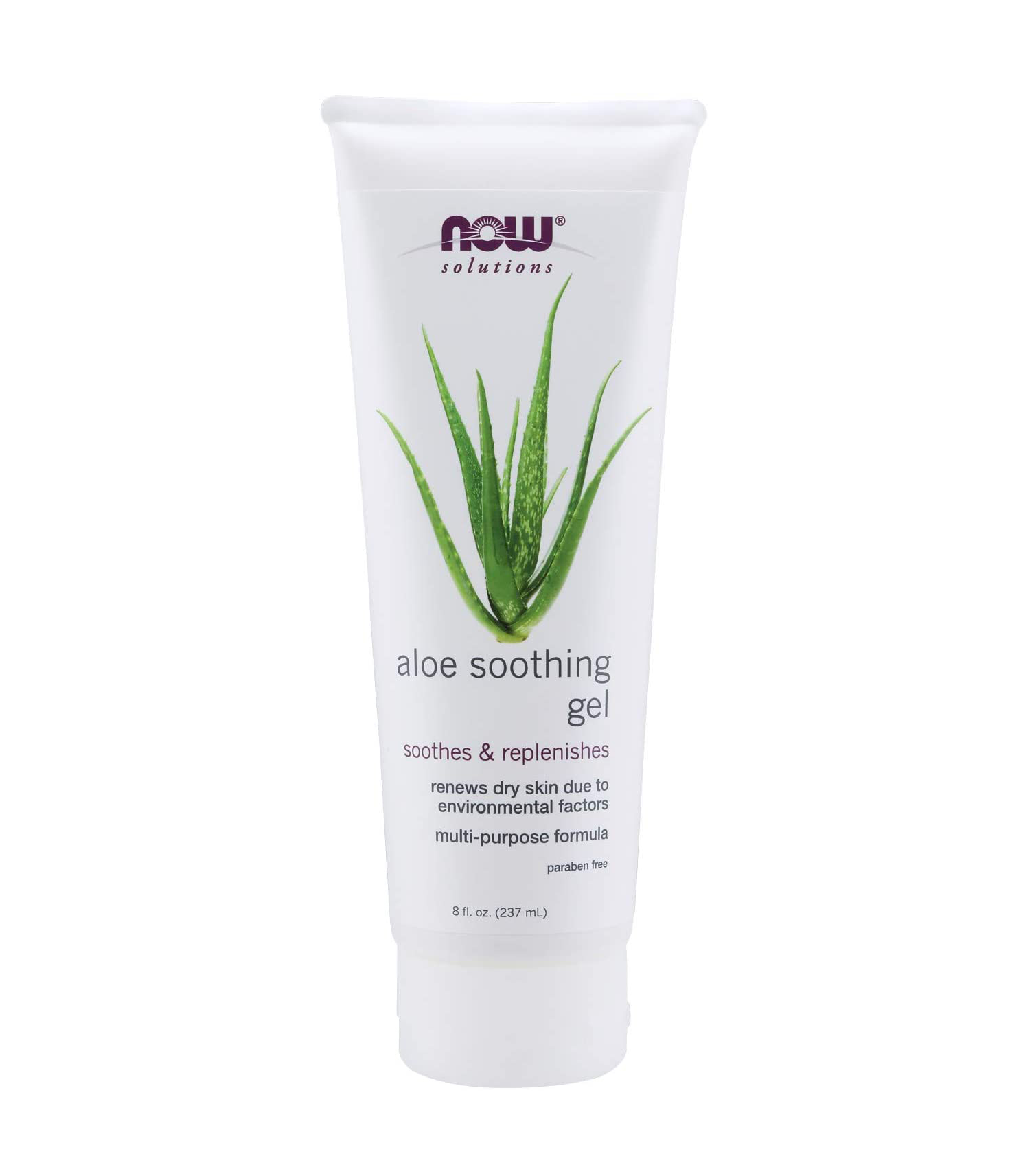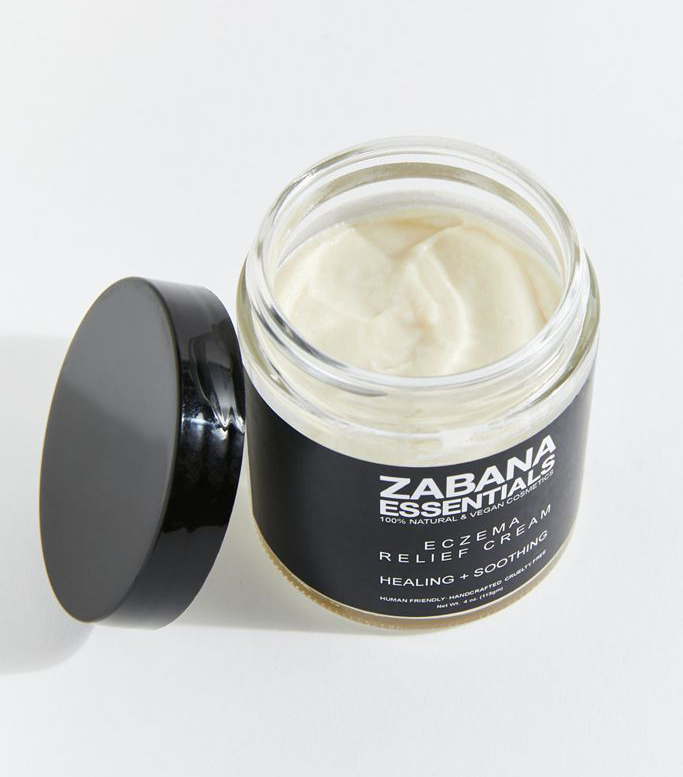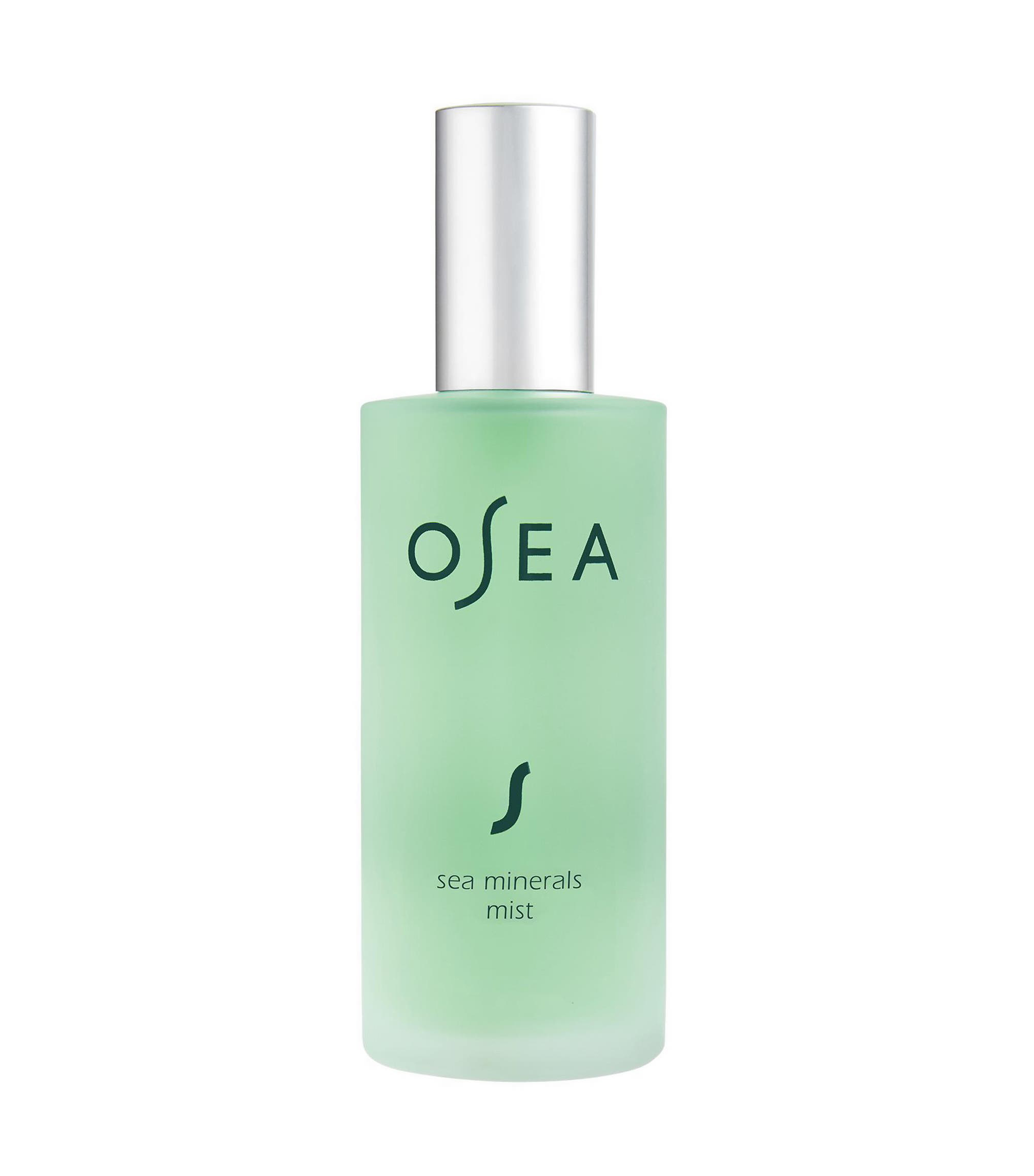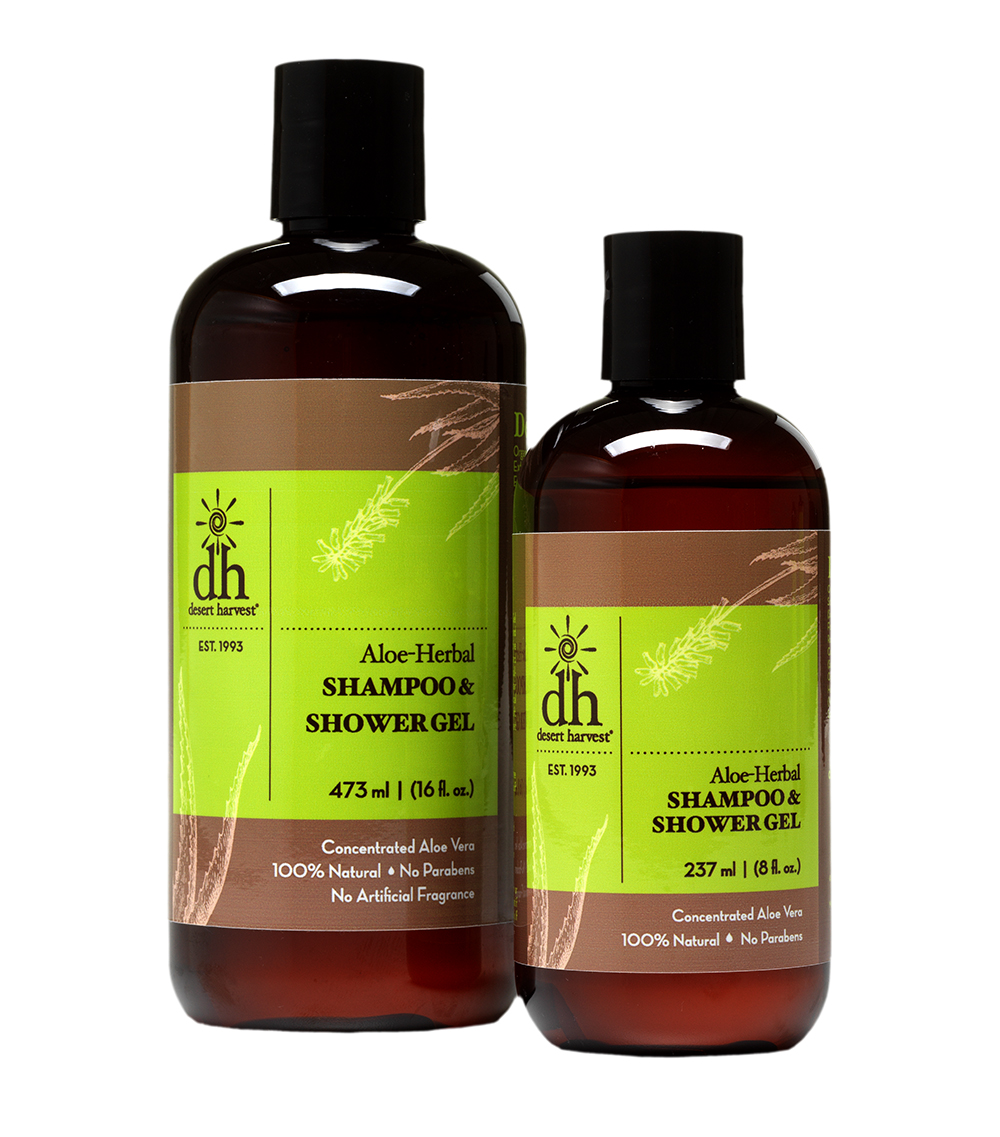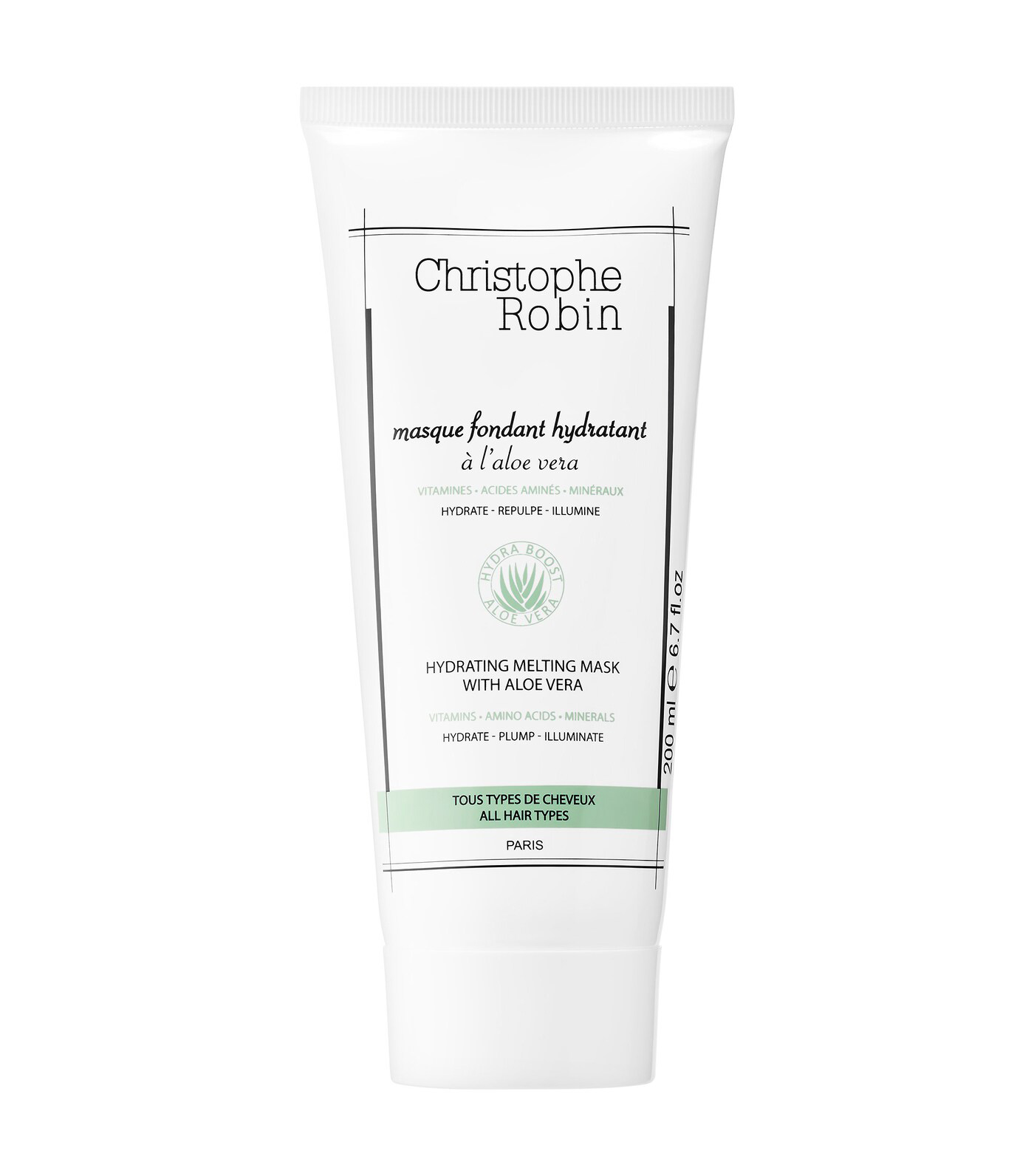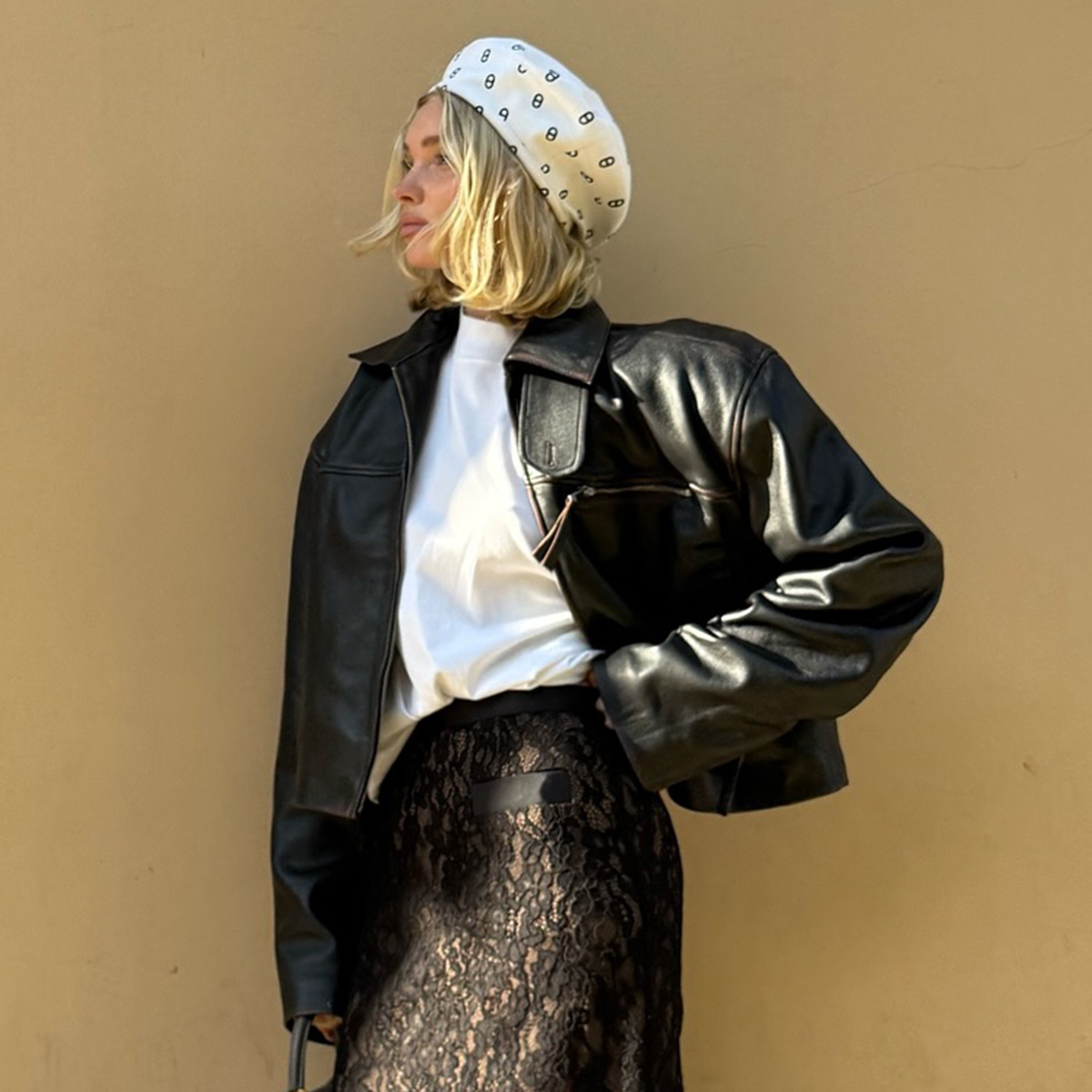8 Reasons You'll Want to Add Aloe Vera to Your Skincare Routine
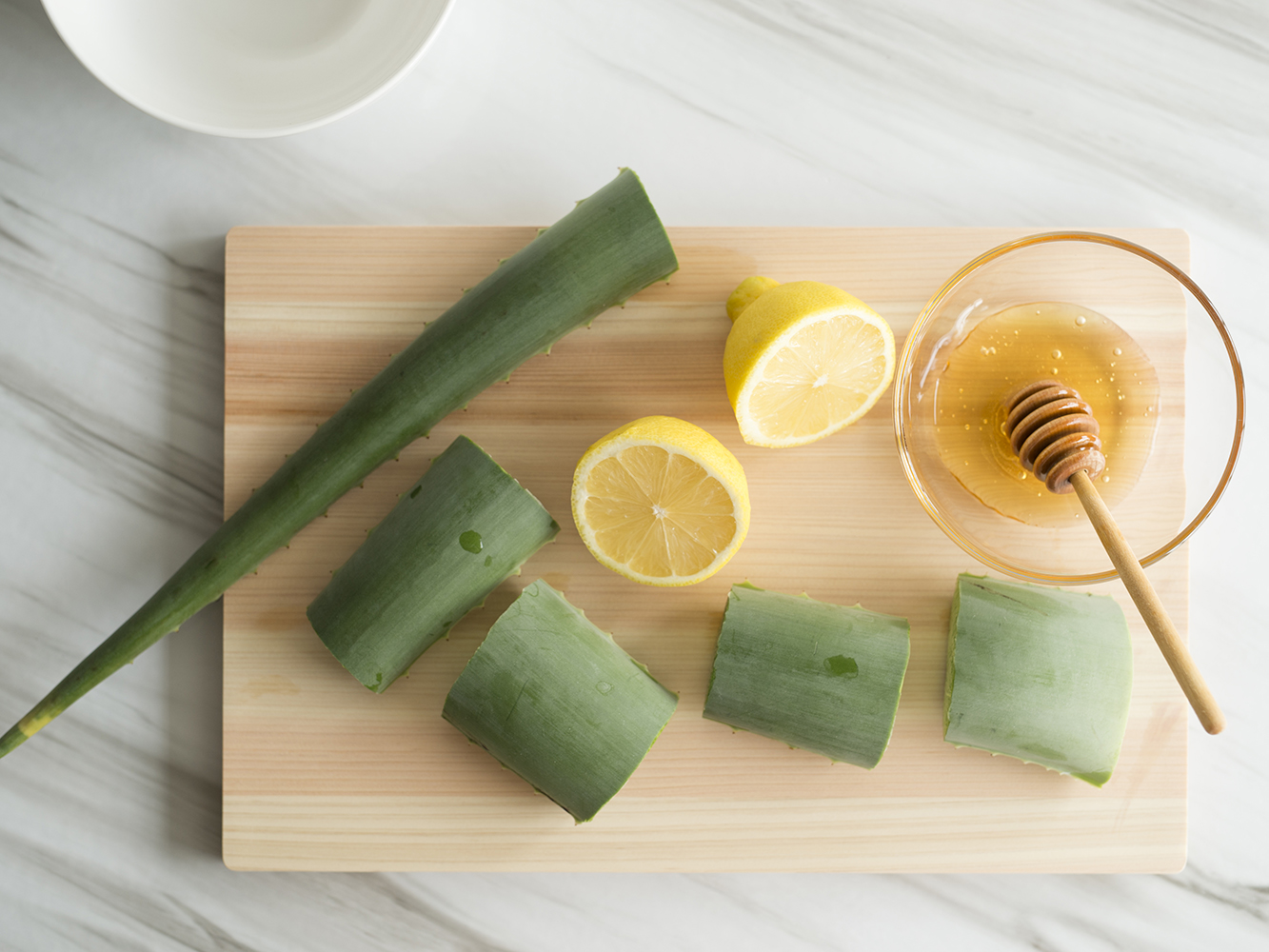
Succulents have been omnipresent in the décor and design worlds for some time now and have earned a righteous fan base among beauty lovers, too. One particular succulent, aloe vera, is both aesthetically pleasing (say, in a still-life Insta post) and actually has a slew of benefits for the skin.
"There are over 200 ingredients naturally in an aloe plant and 75 active nutrients with rich vitamins, minerals, and amino acids," says Heather Florio, the CEO of Desert Harvest. "Think vitamins B1, B2, C, and E, magnesium, calcium, and zinc—it's like a veritable buffet of good stuff for your skin. So if you're looking to boost your skin's health, consider stocking up on some aloe vera, stat."
What Is Aloe Vera?
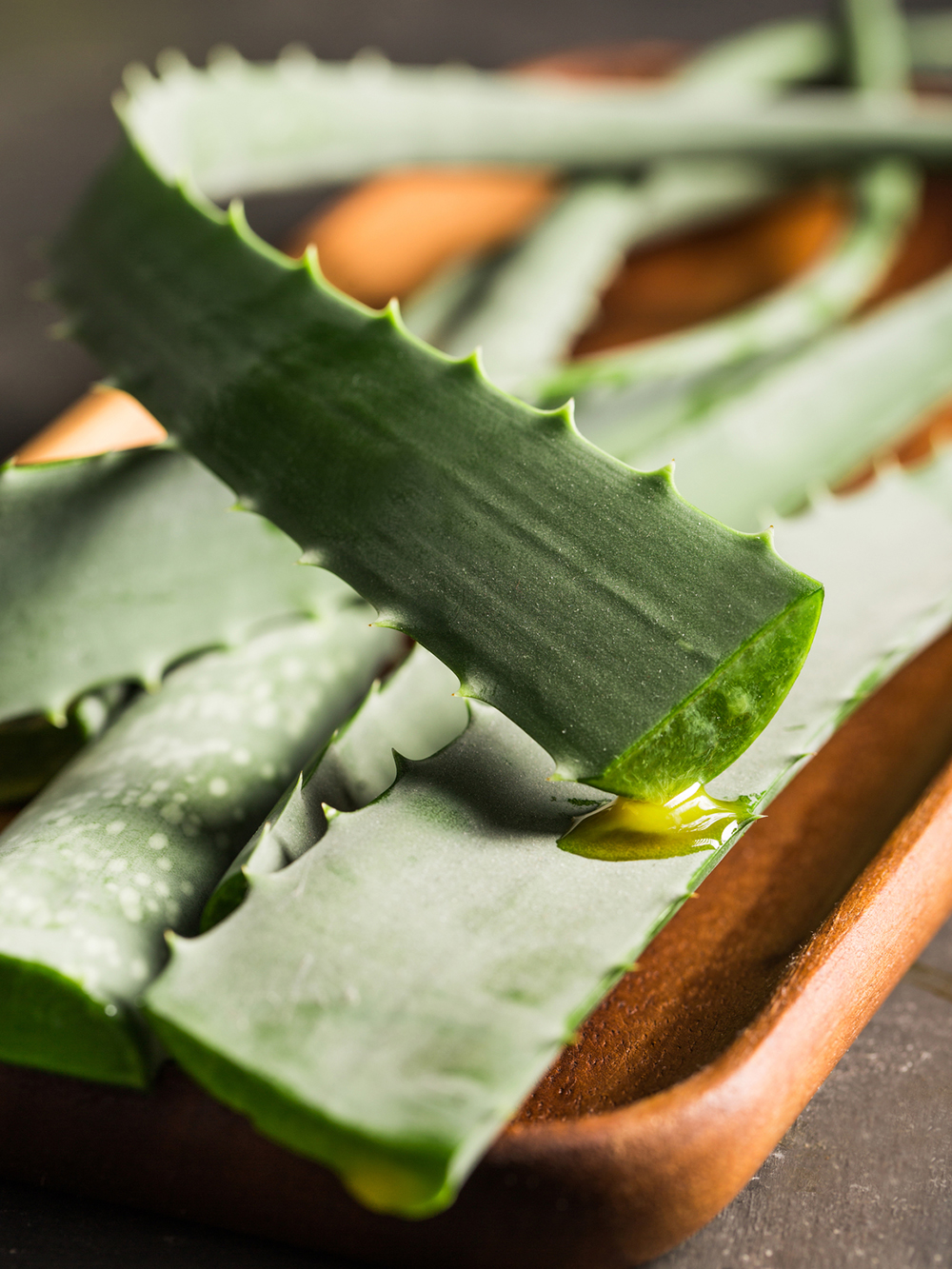
"Aloe vera is naturally an anti-inflammatory and moisturizer that can leave the skin hydrated and soothed," says Florio. "Many people use it for a range of conditions, from acne to eczema, psoriasis, and many more skin conditions, and it has been used since ancient times for wound healing."
How to Use Aloe Vera
Topically, it depends on the type of product you're using. Bottom line: You already know this, but always read the directions first. If you're going to snap a spear off of a plant, know that you can safely spread the plant's healing salve onto topical wounds, surface scrapes, light burns, and more. Similarly, you can slather aloe vera gel all over your body as well as your face—it's actually a brilliant, pill-free makeup primer, too. There is also a slew of good-for-you skin- and haircare products with the extract as its hero ingredient. Think face mists, cooling moisturizers, hydrating serums, and more.
Ingesting aloe vera, though, can be more complex. "Aloe vera has naturally occurring anthraquinones, which are latex chemicals that can act as an irritant to the colon and, long-term, can be carcinogenic to the colon as well as cause liver and kidney damage," explains Florio. "However, so long as it's safely processed by a licensed manufacturer and not consumed in large doses, this kind of poisoning is typically avoidable."
The Top Aloe Vera Benefits for Skin
1. It Hydrates Inside and Out
Drinking it can provide you with even more skin moisture than topical applications will do. Think of it as a one-two punch. But to be 100% clear, drinking aloe does not mean guzzling the gel in its classic bottled form. "That can be quite toxic," confirms Blair Murphy Rose, MD, FAAD, a dermatologist based in New York City. Instead, try pre-bottled aloe water to safely reap the hydrating effects of the elixir.
2. It accelerates burn and wound healing
Thanks to a slew of antiseptic compounds, including salicylic acid, phenols, and sulfur, aloe vera has antibacterial, antifungal, and antiviral benefits for the skin. Together, they work to increase the rate of cell turnover and the production of healthy, new tissue where the skin was injured. Add to that the plant's pain-relieving, or analgesic, properties and you've got yourself on the road to wound recovery.
3. It prevents potential breakouts
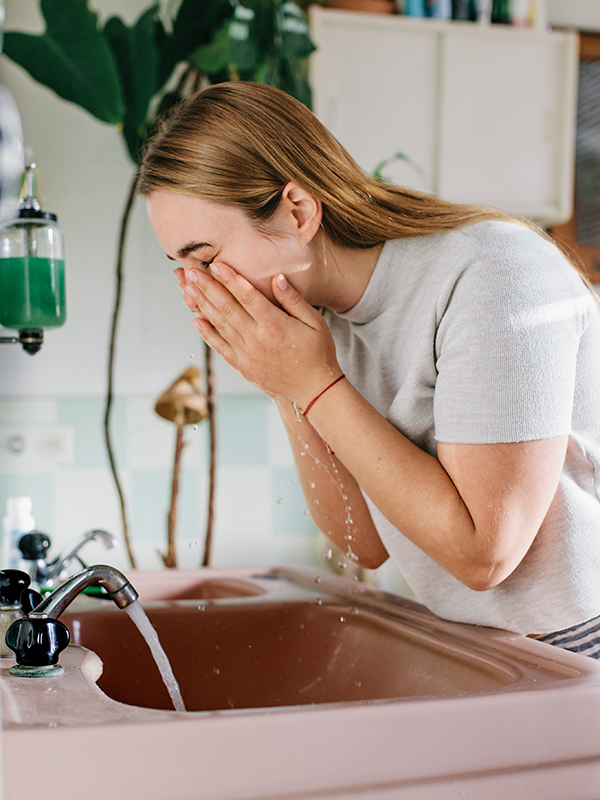
Because it cleanses the skin with those same antiseptic properties, aloe vera benefits the skin by warding off the production of acne in the first place. Compound that with its detoxifying properties, according to Florio, and you'll find that aloe vera is a hero ingredient in many gentle face cleansers because it actively clears up your complexion.
4. It alleviates dandruff and soothes the scalp
Dandruff is a bummer that many of us have dealt with, but aloe vera treats flaky dryness and helps to reduce the symptoms with repeated application. Alternatively, you can use a scalp or hair tonic that's rich in the plant’s extract "I love French cult-favorite brand Leonor Greyl's Tonique Vivifiant Leave-In Treatment, which is rich in soothing aloe leaf extract,” says Murphy Rose.
5. It promotes anti-aging
This is due to the high antioxidant content, particularly polyphenols, which are known to help fight off free radical damage and stave off fine lines and wrinkles. Translation: Keep up your guard with consistent application but know it doesn't ever take the place of sunscreen when it comes to environmental protection. Without SPF, your anti-aging efforts are rather moot.
6. It soothes inflammation and redness
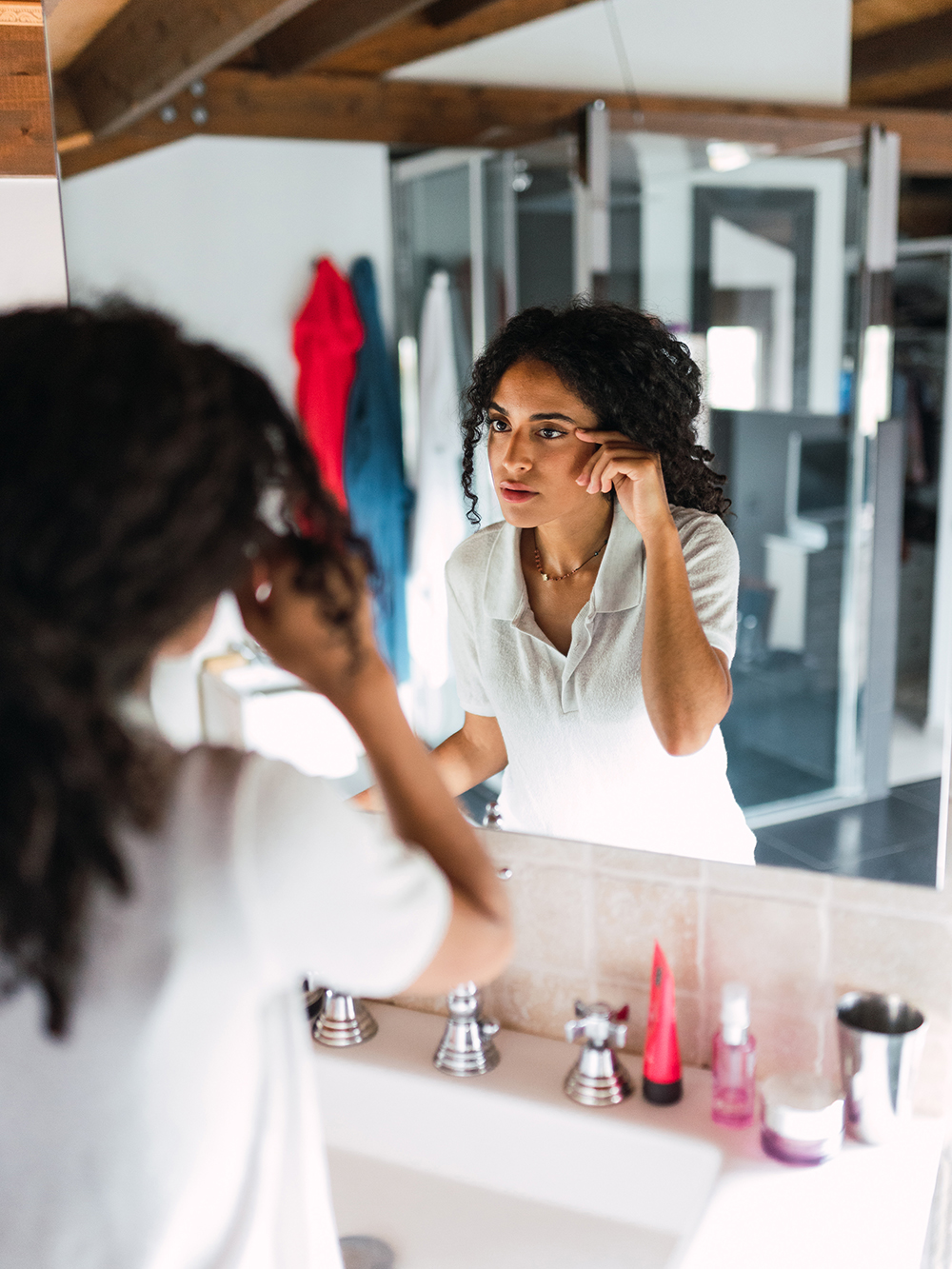
Whether you're dealing with wind-chapped skin from dry winters or a few minutes spent too long in the sun without proper SPF reapplication, the outdoor elements can cause otherwise inexplicable redness and inflammation. (Because we know you applied your sunscreen before you went outside, right?)
7. It relieves itchiness
When skin is red and inflamed, it's both a blessing and a curse to move onto the dry, itchy stage. On the one hand, the swelling may have reduced, but now you're left with a flaky, scratchy mess. Thankfully, applying aloe vera can help mitigate that as well.
8. It can fortify strands

Anecdotally, anything that's rich in vitamins, minerals, and amino acids like aloe vera has been shown to have a positive effect on hair growth. "Since inflammation in the scalp can interfere with hair growth and hair health, we can posit that aloe may promote hair growth in that sense," says Murphy Rose.
Disclaimer
This article is provided for informational purposes only and is not intended to be used in the place of advice of your physician or other medical professionals. You should always consult with your doctor or healthcare provider first with any health-related questions.
